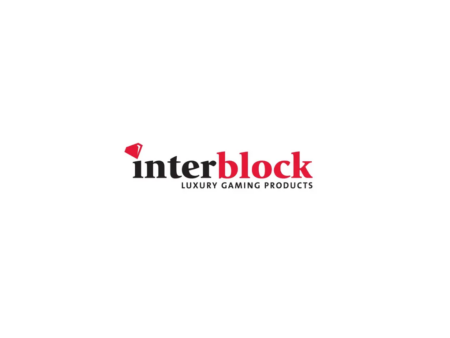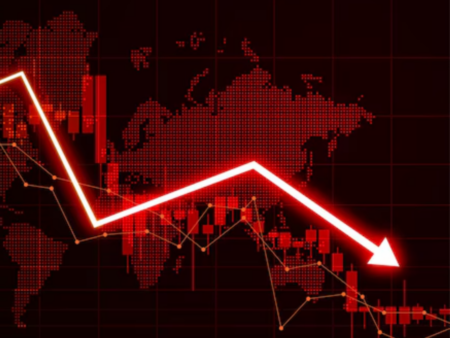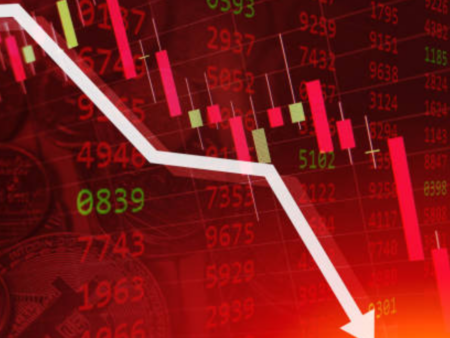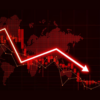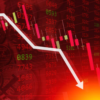The Dutch Gambling Authority (KSA) has unveiled its annual Market Scan for 2023, accompanied by a monitoring report for the first half of 2024. The data highlights a notable growth in the Dutch gambling market, driven primarily by the continued rise of the casino games sector, both online and offline.
Significant Growth in Gross Gaming Revenue for 2023
In 2023, the gross gaming revenue (GSR) for the legal gambling market in the Netherlands surged to €4 billion (approximately $4.38 billion), reflecting an impressive 21.2% increase from 2022’s GSR of €3.3 billion. This growth trajectory positions the Dutch gambling market as one of the more dynamic sectors in Europe, with casino games emerging as a significant driving force behind the expansion.
Despite the growth, the land-based casino sector, while recovering with a 19% increase in GSR compared to the previous year, still lags behind pre-pandemic levels seen in 2019. The persistent gap indicates that while traditional casinos are regaining momentum, they are yet to fully return to their former prominence.
Breakdown of the Market: Land-Based Casinos and Lotteries Dominate
The Dutch gambling market is largely dominated by land-based casino games and lotteries, together accounting for a substantial portion of the market share. According to the 2023 Market Scan, land-based casinos make up 33% of the total GSR, while lotteries closely follow at 30%. This trend demonstrates the continued preference among Dutch players for traditional gambling formats, especially those offering physical, and social experiences.
On the other hand, sports betting, which continues to attract attention globally, remains a smaller sector in the Netherlands, contributing only 9% to the overall market. This limited share reflects a more modest appetite for sports betting within the country compared to other European markets.
Per Capita Gambling Spending Remains Below European Average
Despite the growth seen in overall market size, Dutch players continue to spend less on gambling than the European average. In 2023, per capita gambling expenditure in the Netherlands was reported at €272, significantly below the European average of €339. This indicates that while the market is expanding, the level of individual gambling participation and spending remains relatively conservative compared to neighboring countries.
Rise in Online Gambling: A Strong Sector in 2024
The online gambling sector has demonstrated consistent growth, with its GSR rising by 8% in the first half of 2024 alone, reaching a total of €752 million. This rise reflects the increasing preference for online platforms among Dutch players, particularly with the availability of online casino games.
Notably, casino games against the house, which include popular formats such as table games and slot machines, continue to dominate the online market. These games accounted for 72% of the total GSR in the online sector, showcasing their widespread appeal and profitability.
Increase in Online Gambling Accounts, Yet Lower Player Activity
There has been a noticeable rise in the number of online gambling accounts in the Dutch market. In early 2024, the number of accounts reached an average of 1.07 million per month, illustrating the growing attraction to online gambling. However, despite this increase in accounts, the number of active players remains significantly lower, with only 455,000 people gambling every month.
This gap suggests that while many individuals are signing up for online platforms, fewer are actively participating in regular gambling. This could be attributed to a range of factors, including increased awareness of responsible gambling practices or the availability of entertainment alternatives.
Young Adults Represent a Growing Share of the Market
Young adults aged 18-23 are becoming an increasingly significant demographic within the Dutch gambling market. In 2024, this group accounted for 10.8% of the total GSR, up from 9.6% in 2023. Despite their growing presence, it is important to note that this demographic typically spends less on gambling. On average, young adults lose around €55 per month, reflecting a more moderate approach to gambling.
This growth among younger players highlights the importance of tailored responsible gambling measures for this age group, as well as the necessity for operators to ensure that marketing efforts and promotions are in line with the regulatory frameworks designed to protect vulnerable consumers.
Increase in Gambling Addiction Treatment Reflects Awareness
The report also draws attention to the rise in the number of individuals seeking treatment for gambling addiction. In 2023, a total of 2,456 people received treatment, representing a 28% increase compared to 2022. This uptick in addiction treatment can be partly attributed to improved reporting practices by addiction institutions, which have enhanced the transparency and availability of support services for those affected by problem gambling.
The rise in reported cases underscores the ongoing need for robust responsible gambling frameworks, with a focus on early intervention and player education to mitigate the risks associated with gambling addiction.
Future Outlook for the Dutch Gambling Market
As the Dutch gambling market continues to grow, the Dutch Gambling Authority (KSA) remains committed to ensuring a well-regulated and safe environment for all players. With the ongoing development of the online gambling sector and the recovery of land-based casinos, the market is poised to maintain its upward trajectory in the coming years.
However, industry stakeholders must continue focusing on responsible gambling practices, particularly given the rising number of younger participants and the ongoing challenges related to gambling addiction.
FAQs About Dutch Gambling Authority (KSA) Market Scan for 2023 and 2024
1. What was the gross gaming revenue (GSR) for the Dutch gambling market in 2023?
The GSR for the legal gambling market in the Netherlands reached €4 billion in 2023, marking a 21.2% increase from 2022’s GSR of €3.3 billion.
2. Which sectors contributed the most to the Dutch gambling market in 2023?
The Dutch gambling market is dominated by land-based casino games and lotteries, which together accounted for a significant portion of the market share. Land-based casinos made up 33% of the total GSR, and lotteries contributed 30%.
3. How did the land-based casino sector perform in 2023 compared to previous years?
Land-based casinos saw a 19% increase in GSR in 2023 compared to 2022, but they are still behind pre-pandemic levels seen in 2019.
4. What is the current market share of sports betting in the Netherlands?
Sports betting remains a smaller sector in the Dutch gambling market, contributing 9% to the overall GSR in 2023.
5. How does per capita gambling expenditure in the Netherlands compare to the European average?
In 2023, per capita gambling expenditure in the Netherlands was €272, below the European average of €339, indicating relatively conservative gambling participation in the country.
6. How has the online gambling sector performed in early 2024?
The online gambling sector showed an 8% rise in GSR in the first half of 2024, reaching €752 million, indicating growing popularity among Dutch players, particularly in online casino games.
7. What is the most popular form of online gambling in the Netherlands?
Casino games against the house, such as table games and slot machines, are the most popular, accounting for 72% of the total online GSR in 2024.
8. What trends are observed in the number of online gambling accounts in 2024?
The average number of online gambling accounts reached 1.07 million per month in early 2024. However, only 455,000 of these accounts are actively used monthly, suggesting that many account holders are not regular players.
9. How significant is the young adult demographic in the Dutch gambling market?
Young adults aged 18-23 made up 10.8% of the total GSR in 2024, up from 9.6% in 2023. Despite their growing numbers, this age group typically spends less on gambling, averaging €55 per month.
10. What measures are being taken to address gambling addiction in the Netherlands?
In 2023, 2,456 people received treatment for gambling addiction, a 28% increase compared to 2022. This rise reflects better reporting practices and highlights the importance of responsible gambling frameworks and early intervention efforts.
11. What is the future outlook for the Dutch gambling market?
The Dutch gambling market is expected to continue its growth, with both online and land-based sectors developing further. However, stakeholders must focus on promoting responsible gambling, particularly with the increasing participation of younger players and the rise in addiction cases.

